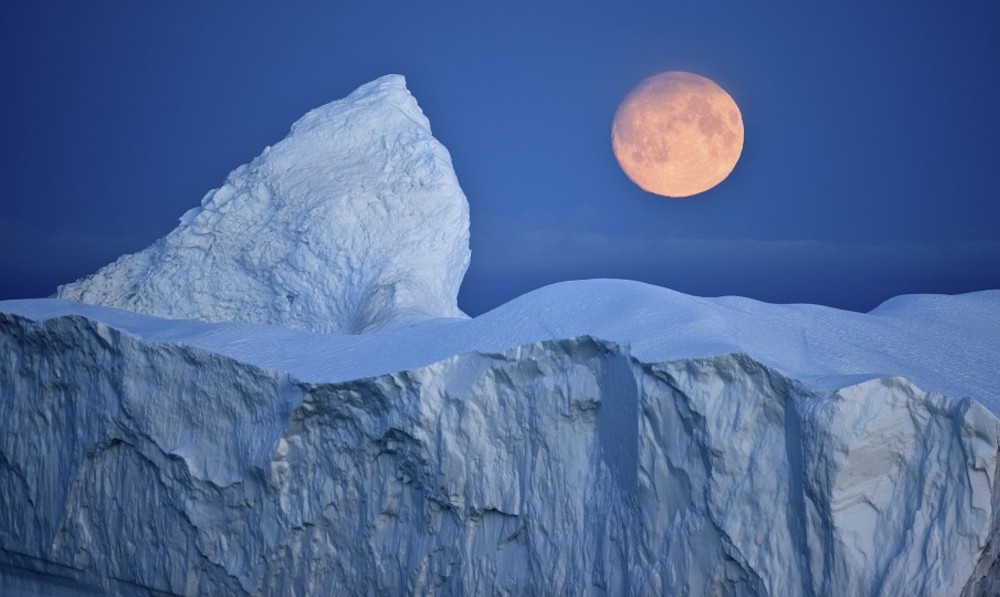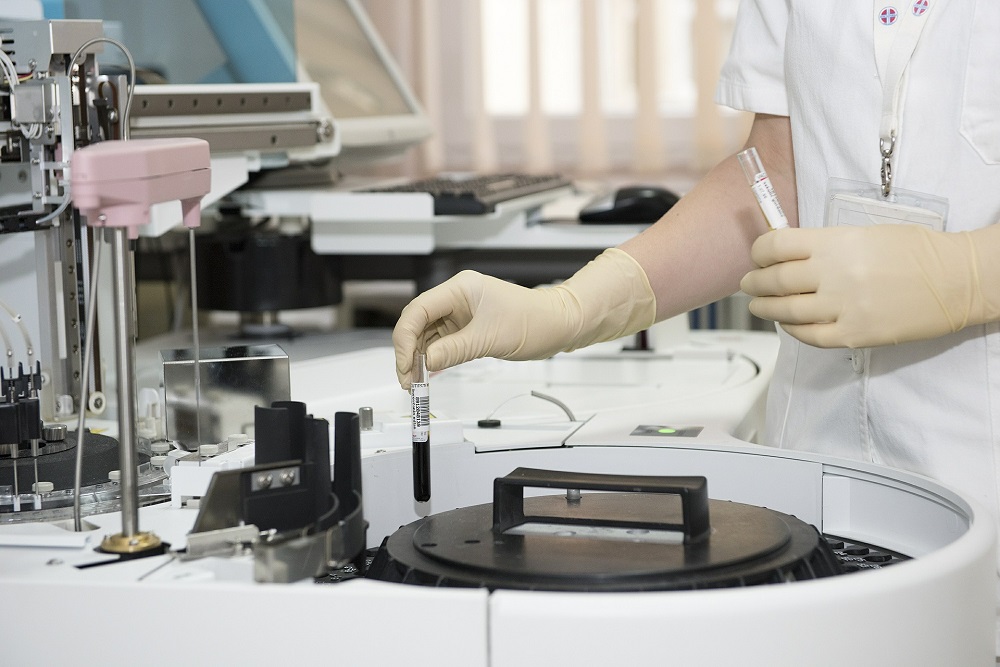Scientists in antarctic have deployed an unmanned submarine to explore seabed beneath the ice. They indicated that they planned to explore why the region was losing more than 80 gigatons of ice a year and how they can stop it.
Exploration of Thwaites Glacier in Antarctica is still in progress with the deployment of Ran, an unmanned submarine worth $3.6 million. The project is estimated to last for two months and will explore the ice floor to determine why the region is losing so much ice.
Deployment of the submarine
Oceanographer Anna Wåhlin is excited to be part of the project and she described working with the unmanned drone as an amazing experience. Wåhlin, an oceanographer at Sweden’s University of Gothenburg, will be one of over two dozen scientists working to explore the Antarctic seabed.
The two-month project is part of a $50 million international collaboration trying to understand the fate of Thwaites. The glacier has been losing a lot of its ice on a massive scale recently and it is estimated that if all of it melts, then the sea levels will rise by 2 feet. If the entire region is destabilized due to melting, the sea levels could rise to 11 feet.
This would spell doom to coastal cities such as Mumbai and Miami. Scientists, in a bid to understand what is happening, resulted in using drones to explore the oceans beneath.
Researchers described the challenges they faced during their exploration by saying that there was not enough data when they began their exploration. Wåhlin said,
We know more about the moon than this particular part of Earth.
It is estimated that the region is losing 80 gigatons of ice a year. This is six times more than what the region was losing 25 years ago. The researchers are determined to obtain enough data using the unmanned submarine to help them mitigate the loss currently being experienced.
Featured image by Pixabay







